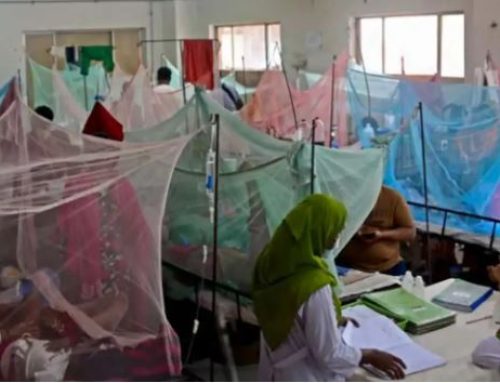Project Description
Author: Ahmmad et al.
Summary:
Patients with systemic lupus erythematosus (SLE) often ignore the initial symptoms of the disease and delay in seeking medical care, which ultimately prolongs the diagnostic delay. The objective of the present study was to explore the health-seeking behavior and the factors associated with diagnostic delay in SLE patients.
This cross-sectional study was conducted among 85 patients suffering from SLE who attended the Lupus Clinic of Bangabandhu Sheikh Mujib Medical University, Dhaka from January 2012 to June 2013. Sociodemographic and disease-related data were collected by face-to-face interviews. Diagnostic delay was defined as the period of time from onset of initial symptoms of SLE and confirmation of diagnosis. Factors associated with diagnostic delay were determined by independent ttest.
Almost 75% of the patients visited qualified physicians, and their average interval of seeking medical care afterthe onset of SLE symptoms was 1.4 (SD 2.6) months. The average interval between the onset of initial symptoms and the diagnosis of SLE was 12.3 (SD 13.9) months. It was longer in female patients (13.2 months vs 7.3 months). Early medical contact and visiting qualified physicians also shortened the diagnostic delay of SLE. Patients presenting with joint pain and fever had a longer diagnostic delay than those who presented with oral ulcers, malar rash and lupus nephritis.
Patients’ health-seeking behavior, such as delayed medical care seeking, as well as presenting with nonspecific symptoms, such as fever and joint pain, which mimic other diseases, increases the diagnostic delay in SLE patients. These symptoms should be considered for the evaluation of immunological evidence of SLE.
Status: Completed
Full text link: NA
Keywords: Systemic lupus erythematosus (SLE), Health-seeking behavior, Diagnostic delay



